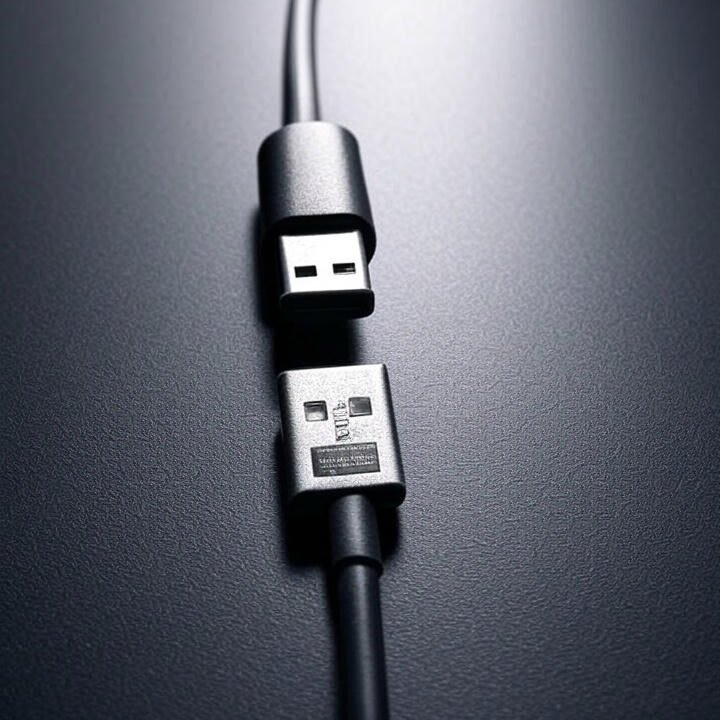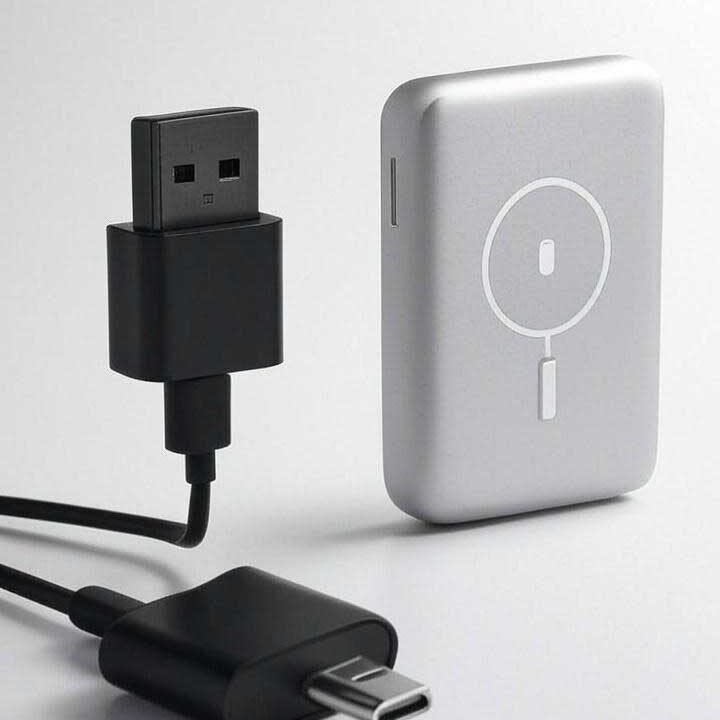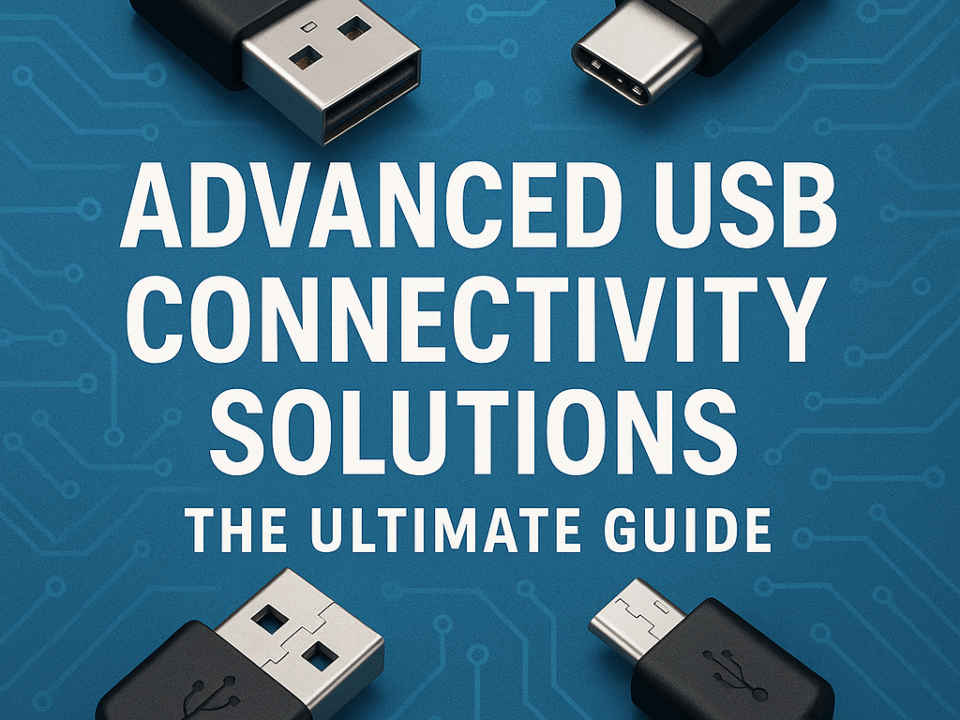
USB C to C Cable: How to Source for the European Market
2025-05-15
USB Cable Factory: How to Choose for European Export
2025-05-19USB C to C Cable for European Export: What Importers Must Know
Why USB C to C Cables Are in High Demand
Introduction
As demand for fast charging and high-speed data transmission grows, the USB C to C cable has become essential for electronics distributors and retailers across Europe. If you’re sourcing these cables in bulk for export, understanding certification, quality standards, and supplier credibility is key.
Why USB C to C Cables Are in High Demand
USB-C has become the preferred interface due to its reversibility, power delivery up to 100W, and universal compatibility across smartphones, tablets, and laptops. C to C cables are especially vital in industries focused on PD (Power Delivery) standards.
🔗 Related: What Is USB-C Power Delivery?
Certifications and Compliance for the EU Market
To successfully export to Europe, cables must comply with:
- CE certification
- RoHS compliance
- REACH regulations
A reliable factory will be able to provide test reports from TÜV, SGS, or Intertek. Without these, your goods may be delayed or rejected by EU customs.
How to Choose a Factory Supplier
When evaluating a USB cable manufacturer:
- Check OEM/ODM capabilities
- Ask for samples and test charging speeds
- Review MOQ and lead time
- Confirm packaging and labeling meets EU directives
🔗 External Tip: EU Import Rules for Electronics (Europa.eu)
Bulk Ordering Tips for European Buyers
- Work with factories that offer OEM branding for easier resale
- Choose suppliers experienced in EU shipping and logistics
- Leverage EXW or FOB Shenzhen for better freight control
Conclusion
Choosing the right USB C to C cable supplier can make or break your EU electronics business. Focus on certification, performance, and export readiness to stay compliant and competitive.






